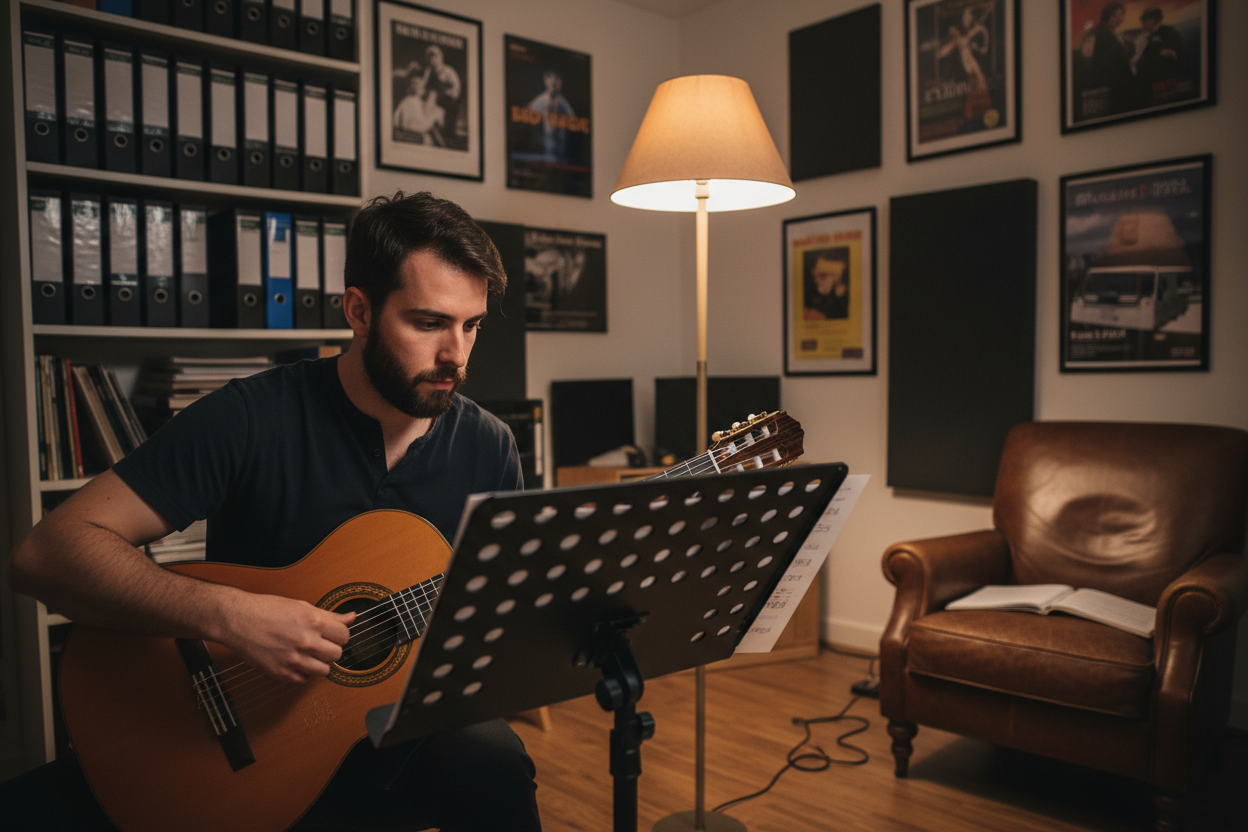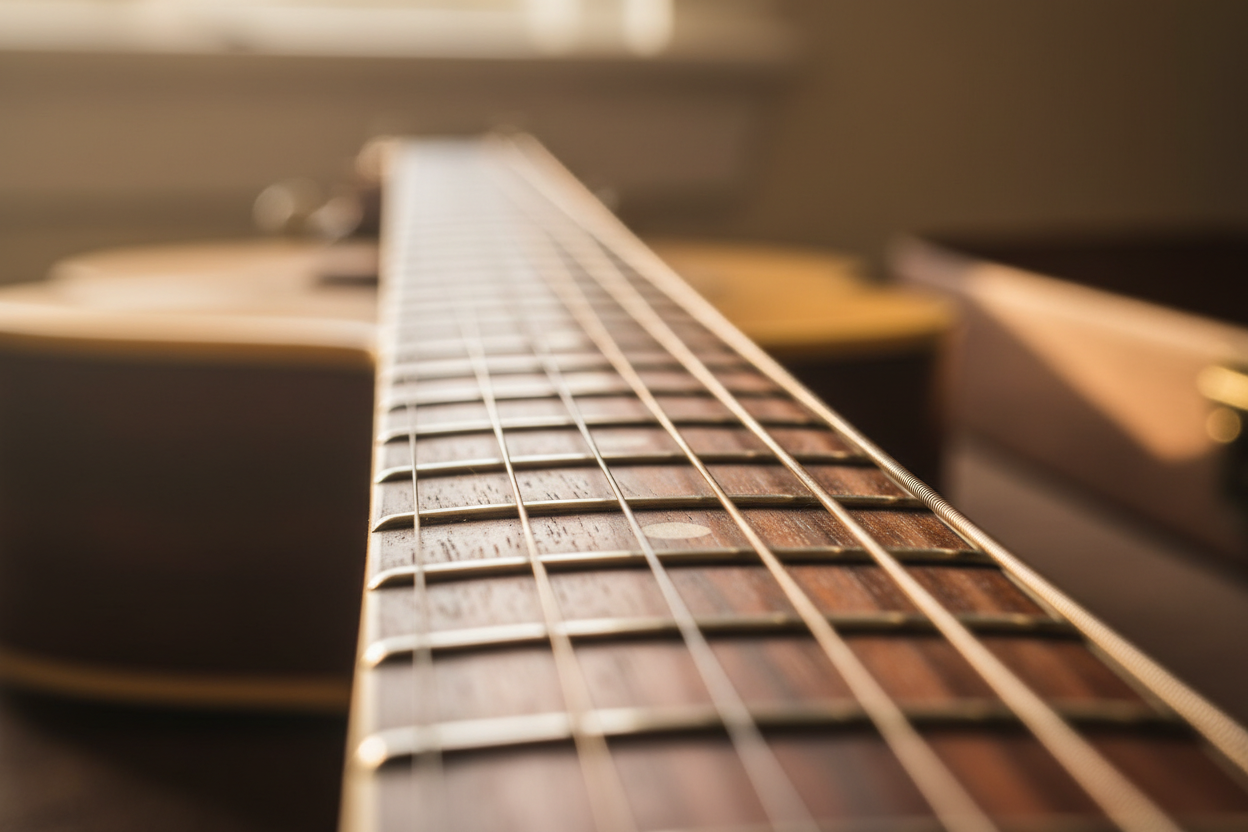In today's fast-paced world, time is a scarce resource. For aspiring guitarists, making the most of your practice time is essential for growth and skill development. The art of effective and efficient practice lies in strategic planning, discipline, and a clear understanding of your goals. In this article, we'll explore tips and techniques to help you maximize your time with the guitar and become the musician you've always dreamed of being.
1. Set Clear Goals:
Establishing clear, achievable goals is the first step towards effective practice. Whether you're a beginner looking to master basic chords or an advanced player working on a complex piece, having specific objectives will help you stay focused and motivated. Break down your goals into smaller, manageable tasks and set realistic time frames for completion.
2. Prioritize and Limit Your Focus:
Avoid overwhelming yourself by working on too many things at once. Instead, prioritize your objectives and choose 3-4 key areas to focus on during each practice session. This will help you stay concentrated, maximize your progress, and prevent burnout.
3. Establish a Consistent Practice Schedule:
Consistency is key when it comes to mastering any skill. Set aside dedicated time for practice each day, and make it a non-negotiable part of your routine. Choose a time when you're most alert and least distracted to ensure maximum productivity. Remember, it's better to practice for shorter, focused sessions regularly than sporadic, lengthy sessions.
4. Warm-Up and Stretch:
Just like with any physical activity, warming up before playing the guitar is crucial to prevent injury and optimize performance. Spend a few minutes stretching your fingers, hands, and wrists, and start your practice with slow, basic exercises. This will help you maintain flexibility, build strength, and improve your overall playing technique.
5. Focus on Technique and Fundamentals:
Effective practice revolves around honing your technique and strengthening your foundation. Spend time working on fundamentals like scales, chords, finger positioning, and picking techniques. Focusing on these aspects will not only improve your playing but also enhance your ability to learn more complex pieces in the future.
6. Start Slow, Accurate, and Use a Metronome:
When learning new techniques or pieces, always start by playing slowly and accurately while using a metronome. This ensures that you are not practicing mistakes and ingraining bad habits while simultaneously developing your sense of timing and rhythm. As your confidence and proficiency increase, gradually increase your tempo while maintaining precision.
7. Record and Analyze Your Practice Sessions:
Recording your practice sessions allows you to objectively assess your playing and identify areas for improvement. Review your recordings regularly, taking note of any technical issues or inconsistencies in your performance. Use this feedback to adjust your practice routine and focus on specific areas that need improvement.
8. Mix it Up:
Variety is essential for keeping your practice sessions engaging and enjoyable. Alternate between different exercises, techniques, and pieces to maintain your interest and challenge yourself. This will help prevent burnout and ensure that you continue making progress in all areas of your playing.
9. Seek Feedback and Guidance:
Whether from a teacher, mentor, or fellow musician, constructive feedback is crucial for growth. Be open to criticism and use it as a tool to refine your technique and enhance your playing. Regular lessons or jam sessions with others can provide valuable insights and expose you to new ideas and perspectives.
Conclusion:
Maximizing your time with the guitar is about more than just clocking in hours of practice. Effective and efficient practice requires a strategic approach, discipline, and a focus on continuous improvement. By setting clear goals, establishing a consistent practice schedule, and employing the techniques outlined in this article, you'll be well on your way to becoming




